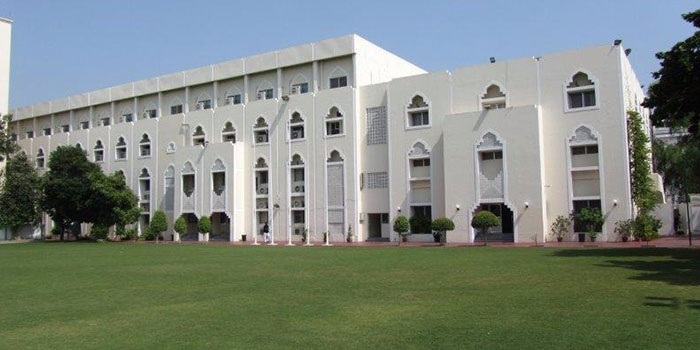
MUSCAT: Indian schools in Oman have been told to stop offering the Central Board of Secondary Education-i (CBSE-international) curriculum during the 2017-18 school year, which begins in April.
A rough calculation reveals that there are more than 1,000 Indian students following the CBSE-i syllabus in Oman in two private schools and one other school, which is supervised by the Indian school board in Oman.
In a circular distributed by the CBSE in India, those CBSE-affiliated schools located outside India that were authorised to offer the CBSE-i curriculum have now been instructed to discontinue teaching it.
“Consequently, affected students of such schools, on their promotion to next class (after the end of the existing term), would be shifted to the CBSE main curriculum,” the circular said.
Recently, the Oman government also removed CBSE-i from the international syllabus followed in Oman.
This decision has forced two private schools in Oman to drop the syllabus, leaving children in the lurch.
A parent from one of the private schools told to stop following CBSE-i, said that they now face a dilemma.
“There are around 250 children in the school. Now, they are stranded.
“However, with the help of the Indian embassy, we may get admission for our children in one of the Indian schools in the city. They will follow the ordinary CBSE syllabus,” the parent added.
Meanwhile, a parent from another private school, which was also told to stop following CBSE-i, said there are some 600 children affected by this order.
“We are in constant touch with the Indian embassy and Indian school board. We may be able to admit them to one of the Indian schools,” the parent added.
Launched in 2010 as a pilot project, CBSE-i stems from the main CBSE, with an added focus on an “internationally benchmarked curriculum”.
It had espoused dedicated classrooms, syllabus and staff for teaching the course, which is based on the main CBSE curriculum.
CBSE Board exams return
Meanwhile, going back to pre-2011 days, the CBSE has announced a ‘remodelled assessment structure’ for Class X Board exams, to be effective beginning in the 2017-18 academic year.
The first group will take the board exams in March 2018. While the exams will be based only on the Class X syllabus, the evaluation scheme has been divided into two components — board examinations and internal assessments, in which students have to score 33 per cent in each category to qualify for the exam.
The Class X Board exam beginning in 2018 will comprise 80 marks of a written test to be conducted by the CBSE and 20 marks of internal assessment, which has been further divided into three components of 10, 5 and 5 marks, respectively.
Although there will be no school-based exam henceforth, students will have to clear both the board test, as well as the school-based internal assessment separately, scoring at least 33 per cent.
In fact, an internal assessment has retained some of the Continuous and Comprehensive Evaluation (CCE) features in its evaluation, but in an abridged form, as the CBSE had clearly defined the marking scheme for 20 marks.
The schools have to evaluate their students throughout the year for the 20 marks, which also includes three mandatory periodic written tests.
For the internal assessment, the schools will also evaluate students on their “notebook submission” -- regularity, completion and neatness. Apart from laboratory works, even speaking and listening skills of students will be assessed, which carries five marks in the internal assessment scheme.
The education board has also instructed schools to conduct three periodic written tests throughout the academic year, and the average of the best two will be taken.
Though schools are allowed to make their own schedules for the tests, CBSE has asked them to conduct one at the mid-term and the rest as pre-mid and post-mid-term tests.